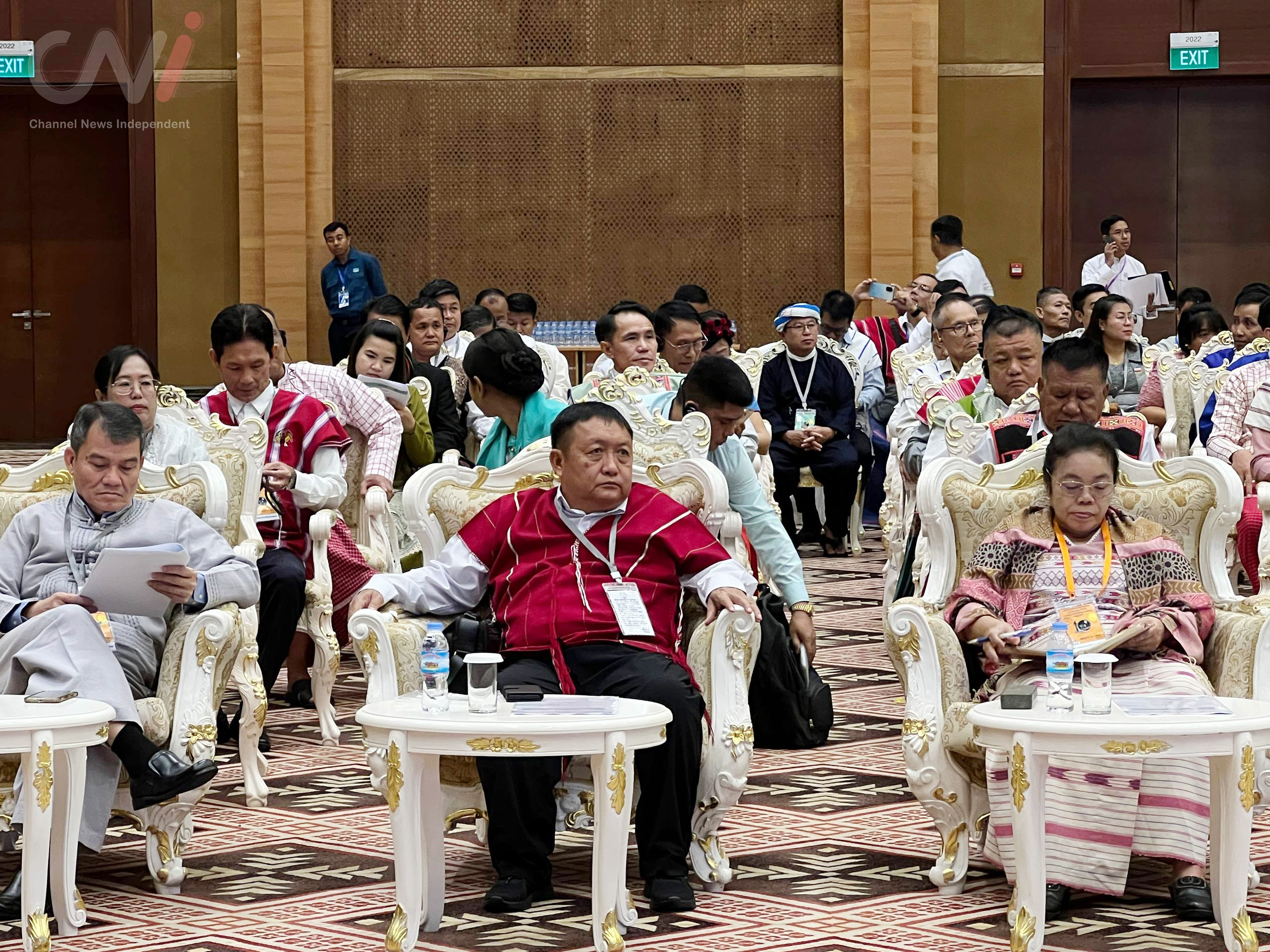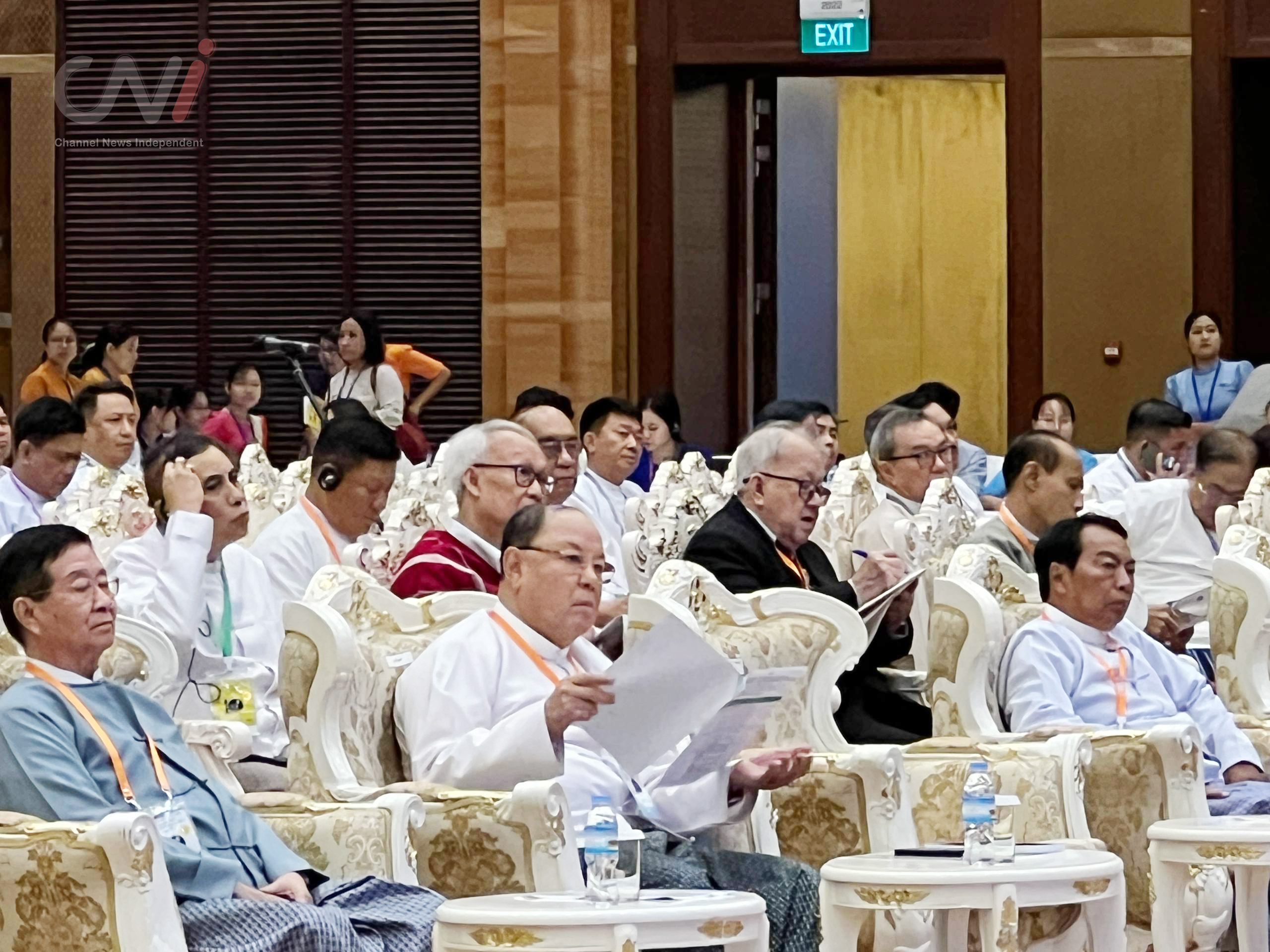CNI News
22 October 2025
National peace and development should remain consistent in terms of policy, even when governments change, said U Ko Ko Gyi from the People’s Party (PP) in an interview with CNI News.
He pointed out that successive governments in Myanmar have often discontinued, modified, or reopened discussions on international cooperation projects initiated by previous administrations. Such practices, he noted, have caused dissatisfaction among foreign investors and led to a decline in trust, resulting in hesitation to invest further in the country.
U Ko Ko Gyi stressed that the government formed after the upcoming election must maintain a unified national policy regarding peace.
“The key point is that the elections are approaching, and when new political dynamics emerge after the election, the elected representatives in parliament and the new government must understand that peace for the nation is a matter that should remain consistent, regardless of who comes to power.If every new government starts doing things differently according to its own preferences, there will be no continuity. That’s why pre-election discussions and consultations are important — to gather ideas and recommendations that can be carried forward into the post-election political process,” he said.

During the administration led by U Than Shwe, Myanmar signed an agreement with China to implement the Myitsone Dam Project. However, under U Thein Sein’s government, the project was suspended due to widespread opposition. Later, when Daw Aung San Suu Kyi’s government took office following the 2015 general election, the project was still not resumed. Even under the current military administration, which seized power from the NLD government and declared a state of emergency, the Myitsone project remains suspended.
U Ko Ko Gyi said that peace should continue to be a top national priority, especially as the country is experiencing the most intense phase of armed conflict in recent history.

“We believe that peace will remain a top national priority because the current armed conflicts have reached their most critical point. Although the current government has been implementing certain efforts, the next administration must work even harder and with greater momentum to advance these efforts,” he added.
At present, Myanmar plans to hold Phase 1 of its national elections in 102 townships on December 28, 2025, followed by Phase 2 elections in 100 townships in January 2026.
After that, the Hluttaw (Parliament) will convene in February 2026, and a new government will be formed in March 2026.




